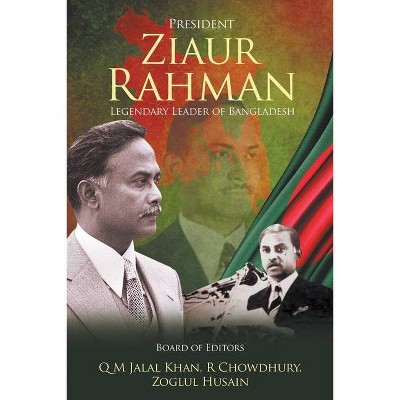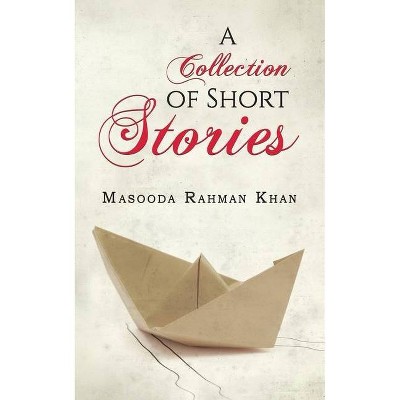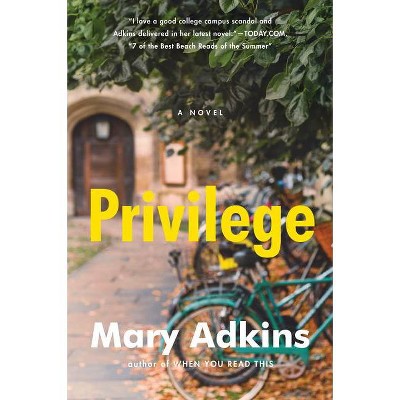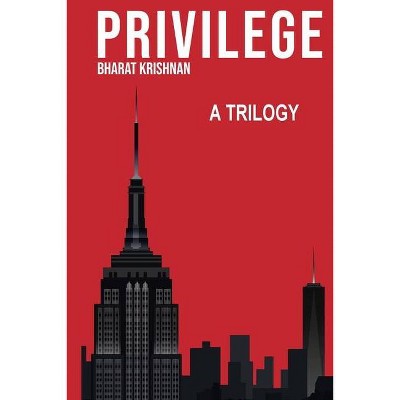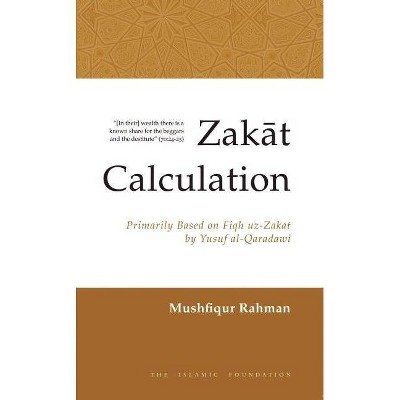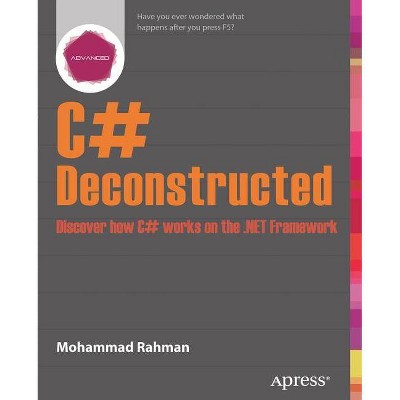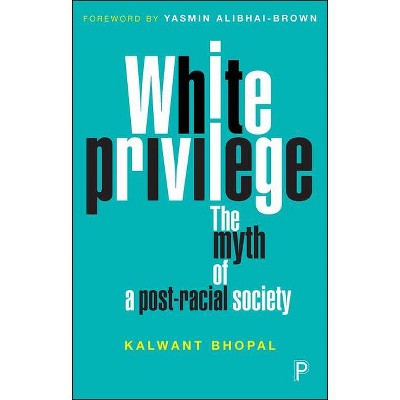Privilege - by Shamus Rahman Khan (Paperback)
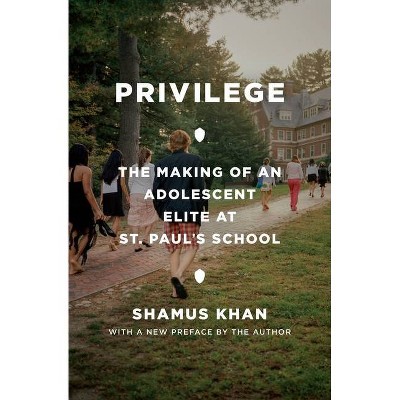
Similar Products
Products of same category from the store
AllProduct info
<p/><br></br><p><b> Book Synopsis </b></p></br></br><p>As one of the most prestigious high schools in the nation, St. Paul's School in Concord, New Hampshire, has long been the exclusive domain of America's wealthiest sons. But times have changed. Today, a new elite of boys and girls is being molded at St. Paul's, one that reflects the hope of openness but also the persistence of inequality. <p/>In <i>Privilege</i>, Shamus Khan returns to his alma mater to provide an inside look at an institution that has been the private realm of the elite for the past 150 years. He shows that St. Paul's students continue to learn what they always have--how to embody privilege. Yet, while students once leveraged the trappings of upper-class entitlement, family connections, and high culture, current St. Paul's students learn to succeed in a more diverse environment. To be the future leaders of a more democratic world, they must be at ease with everything from highbrow art to everyday life--from <i>Beowulf</i> to <i>Jaws</i>--and view hierarchies as ladders to scale. Through deft portrayals of the relationships among students, faculty, and staff, Khan shows how members of the new elite face the opening of society while still preserving the advantages that allow them to rule.</p><p/><br></br><p><b> From the Back Cover </b></p></br></br><p>"<i>Privilege</i> is superb. Khan skillfully narrates from the perspective of both teacher and researcher, and the personal portraits are very well-rounded. This important book is a masterly look at a disturbing current in the formation of elite American society."<b>--Richard Sennett, author of <i>The Corrosion of Character</i></b></p><p>"This is a terrific book. Khan's strong authorial voice and wonderful personality shine through and it is a pleasure to follow his life and travails at St. Paul's."<b>--Michèle Lamont, Harvard University</b></p><p/><br></br><p><b> Review Quotes </b></p></br></br><br><i>Privilege</i> is a welcome addition to the sociological literature on elite prep schools. . . . [Khan] is the narrator of this ethnography, and he is often a participant in the events he observes and analyzes. We get to know him, and he is an enjoyable and informative companion, one who is honest about the challenges he has faced.<b>---Richard L. Zweigenhaft, <i>Oxford Journals</i></b><br><br>A highly readable, intellectually humble hybrid of modern anthropology and magazine-style investigation.<b>---Talmon Joseph Smith, <i>New York Times Book Review</i></b><br><br><i>Privilege</i> sets out to understand 'the new elite' and its place in the larger story of American education.<b>---Josh Rothman, <i>Boston Globe, Brainiac</i></b><br><br>[<i>Privilege</i>] fills in the crucial missing piece. It's a well grounded description of the people who are the 'input' into the elite higher education system. It's a view of elite life from the 'training camp, ' right before they are unleashed into American society. Highly recommended to anyone interested in stratification and education.<b>---Fabio Rojas, <i>OrgTheory.net</i></b><br><br>[E]thnographic research into the very heart of privilege. . . . [Khan] steps down from his pedestal and lets himself get closer to these future masters of the universe.<b>---Robin D. Schatz, <i>Bloomberg News</i></b><br><br>[Shamus Rahman Khan's] book [is an] excellent, engaging, well written, and carefully researched study of the ways culture works in and through schools.<b>---Lisa M. Stulberg, <i>Contexts</i></b><br><br>[T]he elites in Britain and in America have changed. They now appear more open. More worldly. More meritocratic. For a description of how that process works, look at [<i>Privilege</i>].<b>---Aditya Chakrabortty, <i>Guardian</i></b><br><br>[T]his book is beautifully written and filled with important insights into processes of socialization among the elite. I recommend this book for all scholars interested in the reproduction of inequality in U.S. society.<b>---Wendy Leo Moore, <i>American Journal of Sociology</i></b><br><br>Essential reading for understanding today's elite. Not since Christopher Lasch's <i>Revolt of the Elites</i> has the meritocracy been so effectively skewered.<b>---Austin Bramwell, <i>American Conservative</i></b><br><br>If you want a peek inside an elite New England prep school, here it is. . . . But while nosiness about St. Paul's is a perfectly good reason to read the book, Khan's purpose is higher. This is a book about the promise of America and how well the nation is fulfilling it. It is a book that suggests how money still trumps ideals and how a myth fostered at St. Paul's and other such schools serves a new elite class. Most usefully, the book explores why racial and ethnic diversity--a challenge that St. Paul's is meeting admirably--is not synonymous with mobility and equality. . . . Full of valuable insights.<b>---Mike Pride, <i>Concord Monitor</i></b><br><br>Khan's many perspectives--as a minority student in a rich WASP school, as a teacher interacting with his students, and as a researcher observing his subjects--gave him unique access to understanding the American elite. . . . Khan's objectivity turns to pessimism as he describes the result of greater diversity, which he finds 'does not mean mobility and it certainly does not mean equality.'<b>---Barbara Fisher, <i>Boston Globe</i></b><br><br>Returning to his alma mater as faculty member and ethnographer, Khan offers an incisive study of the formation of a new, meritocratic elite. . . . Of utility and wide appeal to a range of academics, Khan's study is consistently engaging and of potentially enduring value.-- "Choice"<br><br>Shamus Rahman Khan has his part in loosening the knot of privilege, by analyzing America's dreams and telling us why some of them remain thwarted. . . . <i>Privilege</i> is an exceptional cultural study of inequality that concentrates on elites. It is a brave piece of work, guaranteed to raise the hackles of more than a few private school trustees, administrators, faculty and parents.<b>---Michael D. Langan, <i>Buffalo News</i></b><br><br>There are few ethnographic accounts of life in exclusive American boarding schools and Khan's book is far and away the most sophisticated among them. But the contribution of <i>Privilege</i> goes beyond this narrow field. Those interested in the sociology of culture, stratification, everyday life, education, race, and gender will find much to appreciate. . . . Khan is a versatile and earnest ethnographer with a sharp eye for gesture and a keen ear for dialogue.<b>---Victoria Bonnell, <i>Contemporary Sociology</i></b><br><br>While the empirical meat of <i>Privilege</i> is from the United States, Canadian scholars of inequality and education will find this book useful. The ethnographic material is worth reading for its empirical contribution alone; but more importantly it also illustrates how the relative steepness of the U.S. postsecondary system contributes to enduring social inequalities.<b>---Janice Aurini, <i>Canadian Journal of Sociology</i></b><br><p/><br></br><p><b> About the Author </b></p></br></br><b>Shamus Rahman Khan</b> is assistant professor of sociology at Columbia University. He is an alumnus and former faculty member of St. Paul's School.
Price History
Cheapest price in the interval: 14.49 on November 8, 2021
Most expensive price in the interval: 15.49 on October 27, 2021
Price Archive shows prices from various stores, lets you see history and find the cheapest. There is no actual sale on the website. For all support, inquiry and suggestion messages communication@pricearchive.us
